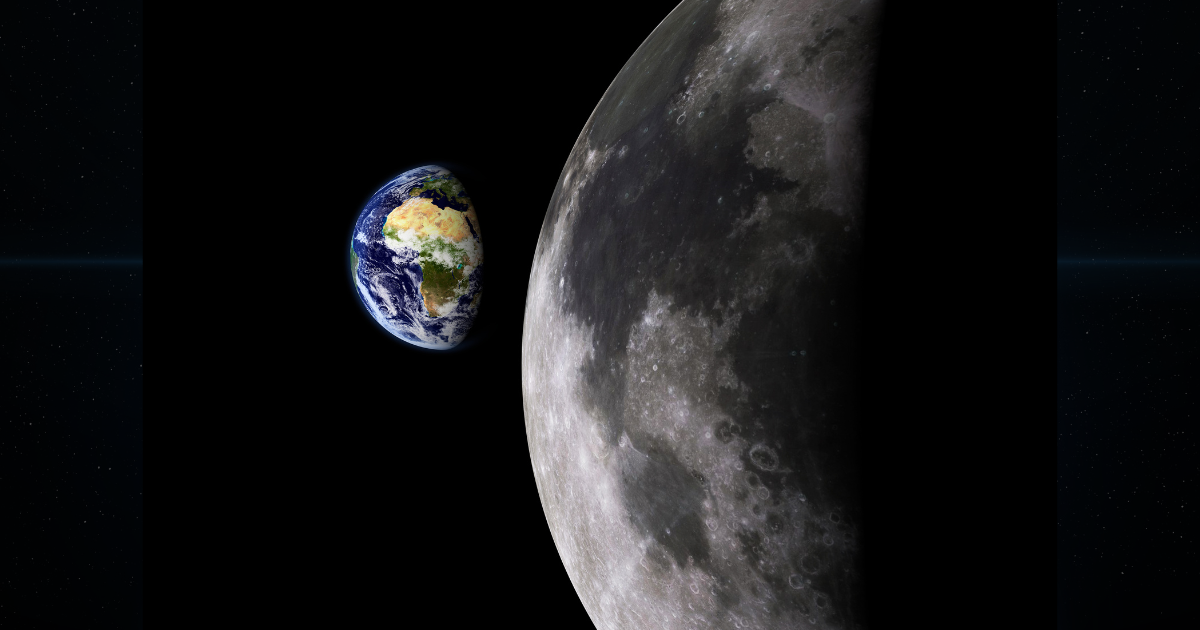
Scientists are a little concerned that the James Webb Space Telescope continues to find galaxies that “shouldn’t exist.”
Recent observations of some distant galaxies by NASA’s powerful James Webb Space Telescope have raised questions about our current understanding of the universe.
These galaxies appear more mature and massive than expected, given their location in the universe. This startling discovery prompted scientists to re-examine some fundamental aspects of cosmology and galaxy formation.
New research, led by Mike Boylan-Kolchin of the University of Texas at Austin, attempts to “test” these galaxies for information about their composition. Boylan-Kolchin’s paper suggests that the observed data pose a significant challenge to the widely accepted model of dark energy and cold dark matter, which forms the basis of our current cosmological understanding.
Normally, galaxies convert about 10% of their gas into stars. However, these newly discovered galaxies would need to convert almost all of their gas into stars to fit the current model. This idea is theoretically possible, but it represents a departure from the prevailing scientific consensus.
If the masses of these galaxies are accurate, it could mean that our understanding of the universe requires an adjustment, including a faster rate of expansion immediately after the Big Bang. This may require the introduction of new forces and particles to explain the observed phenomena.
However, more research is needed to confirm these findings and determine the exact reasons behind this discrepancy. It is possible that the observations are incorrect, or that supermassive black holes are involved, giving the appearance of more massive galaxies. Also, images of galaxies may be misleading, making them appear older than they really are.
If the hypothesis is proven correct, it will lead scientists to reevaluate their understanding of the universe and the evolution of galaxies. This highlights the ever-evolving nature of scientific research and our pursuit of knowledge about the universe.

“Web geek. Wannabe thinker. Reader. Freelance travel evangelist. Pop culture aficionado. Certified music scholar.”








